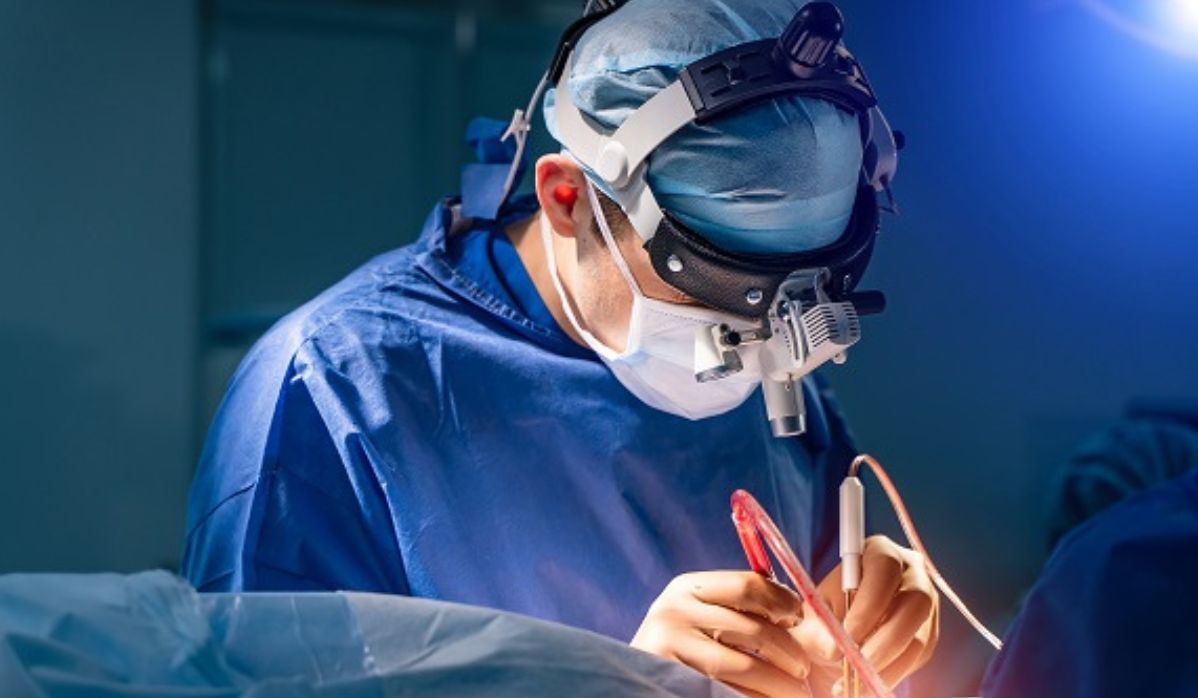Tarun Karthick
Sri Vijaya Puram, 20 May 2025
Hindu Rashtra Shakti (HRS) has submitted a memorandum to the Hon’ble Lieutenant Governor of the Andaman and Nicobar Islands, urging immediate action to appoint a full-time neurosurgeon at GB Pant Hospital, Sri Vijaya Puram. The hospital, the only tertiary government healthcare facility in the islands, currently lacks specialized neurosurgical services—putting lives at risk and placing a significant financial burden on patients and families.
In the letter, HRS State President Rakeshwar Lall highlighted the urgent need for neurosurgical care for patients suffering from complex neurological and neuroendocrine conditions such as traumatic brain and spinal injuries, Parkinson’s disease, amyotrophic lateral sclerosis (ALS), and neuroendocrine tumors (NETs). The absence of specialist care forces islanders to seek treatment on the mainland, often incurring treatment costs exceeding ₹20 lakhs, along with delays that can severely impact health outcomes.
The memorandum outlines three major concerns:
– Lack of Specialist Care: GB Pant Hospital currently does not have the capacity to manage advanced neurological or neuroendocrine conditions. Emergency cases such as strokes or traumatic brain injuries face critical delays due to the need for mainland referrals.
– Financial and Emotional Strain: Patients requiring long-term treatment or repeated diagnostics for conditions like NETs are compelled to travel frequently to mainland cities, which is financially and emotionally unsustainable for most island families.
– Infrastructure Readiness: HRS emphasized that the hospital’s existing emergency and orthopaedic infrastructure could be expanded to integrate neurosurgical services with relatively minimal investment.
To address the issue, HRS has proposed the following measures:
-Appointment of a permanent, full-time neurosurgeon at GB Pant Hospital.
-Establishment of telemedicine partnerships with premier institutions like AIIMS for specialist consultations and staff training.
-Upgradation of diagnostic capabilities, including advanced MRI and CT imaging, to reduce dependency on mainland referrals.
Lall stated that such steps would align with the objectives of the National Health Mission and significantly improve outcomes for vulnerable populations suffering from rare or chronic neurological disorders.

